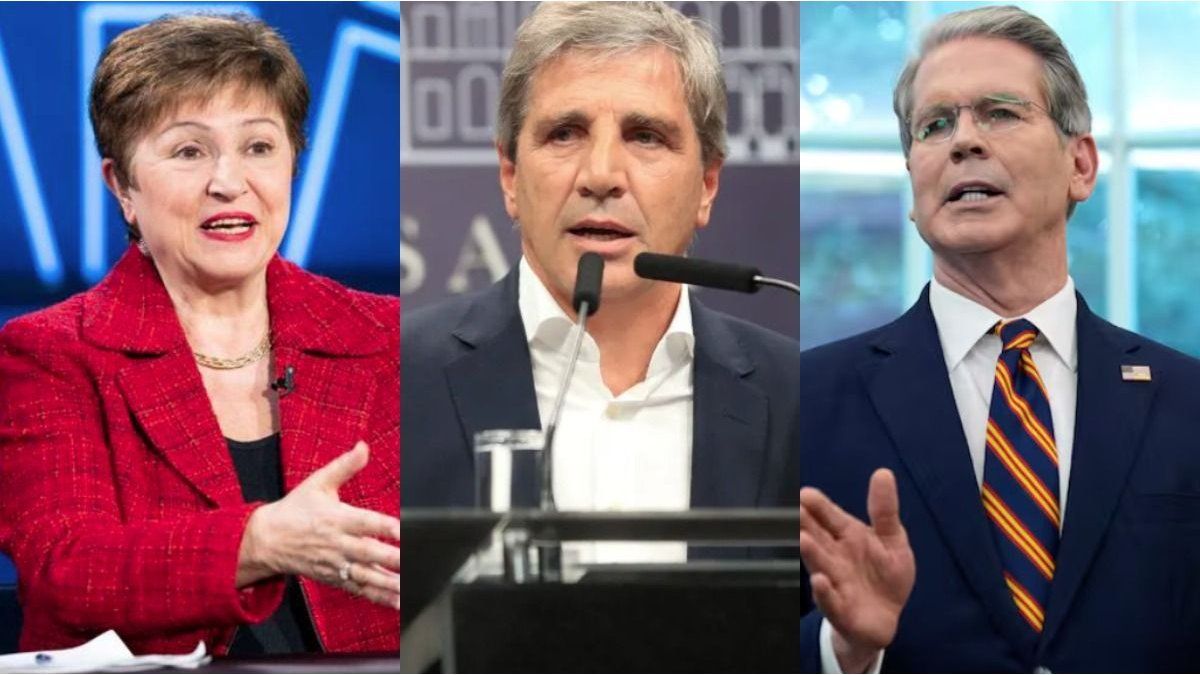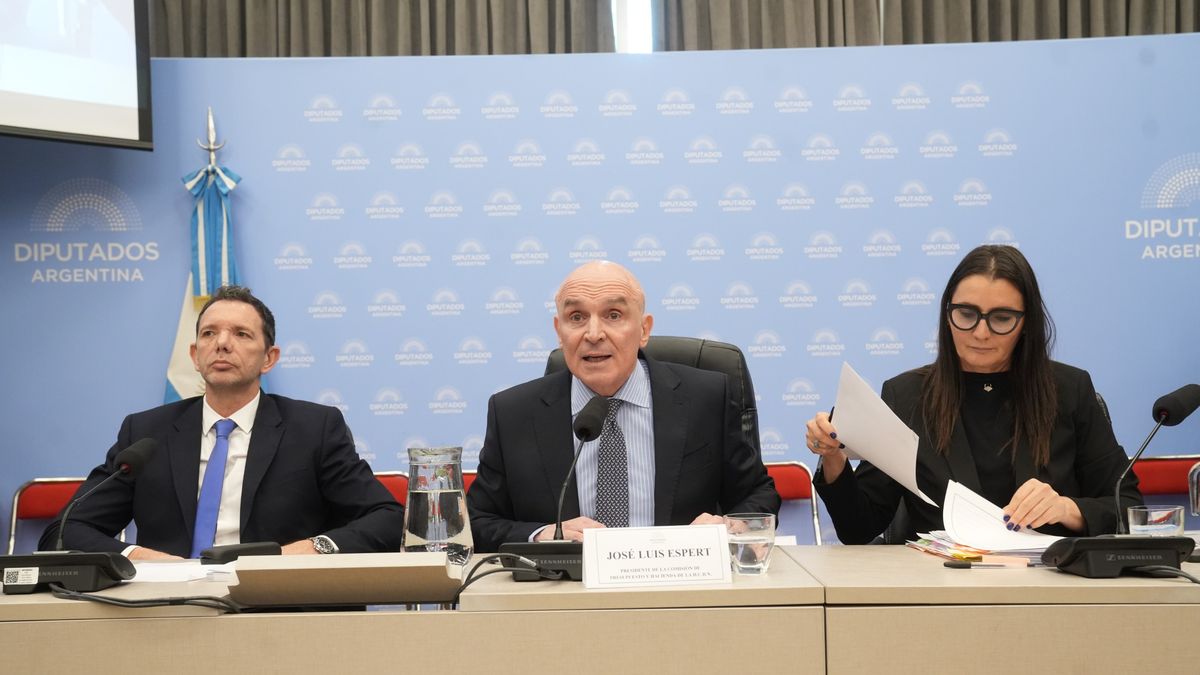“Incentives for illegal migration should be avoided,” said a statement passed on Tuesday at a special meeting of interior ministers. In the light of previous experience, the EU and its member states are determined to prevent a repetition of large and uncontrolled illegal migration movements.
This alluded to the so-called refugee crisis in 2015/2016. At that time, millions of migrants came to the EU. Many of them came from Syria, where a civil war had started in 2011.
In order to avoid a similar development after the Taliban came to power in Afghanistan, according to the declaration, it should now be ensured that people in need in the immediate vicinity of Afghanistan receive adequate protection. In addition, targeted information campaigns against the narratives of people smugglers are mentioned as a suitable instrument. The resettlement of vulnerable Afghans (“resettlement”) should therefore only take place if EU countries voluntarily offer places for it.
Cancellation by Nehammer
Interior Minister Karl Nehammer had already confirmed in the run-up to the meeting that he did not want to accept any additional Afghans. As long as Austria has “such a high burden of irregular migration”, he finds it “completely inappropriate to talk about resettlement”. If the EU manages to “have secure external borders, then you can think about other programs”, stressed the interior minister.
Nehammer welcomed the adoption of today’s declaration. “We have actually succeeded in sending an important signal,” he said after the meeting, referring to help on the ground and in the region. The “clear message” to the people is that “they don’t make their way” to Europe.
International organizations should be supported with “as many resources as possible” – there was “a great willingness” among the EU states, reported Nehammer. According to him, Austria’s initiative to start a dialogue with Afghanistan’s northern neighbors was received “benevolently” by the member states. There are also two “important partners who must not be forgotten”: Pakistan and, albeit “diplomatically sensitive”, Iran. Security interests are also “priority”. “We have to know who has come to us,” said Nehammer, referring to the evacuations from Afghanistan in recent days.
“Very emotional discussion”
The ÖVP politician spoke of a “very emotional discussion” at the meeting. But even the Luxembourg Foreign Minister, Jean Asselborn, who is responsible for migration, showed himself to be “willing to compromise” in the end, according to Nehammer. Asselborn had at times threatened to block the EU declaration because of what he saw as insufficient support commitments. In his opinion, the European Union should provide “40,000 to 50,000 resettlement places for Afghan refugees”.
In the debate about the admission of refugees, Asselborn called for resistance against Austria and the EU presidency of Slovenia. “I hope that there will be resistance against Mr. Kurz from Austria and Mr. Jansa from Slovenia, who are both clearly and definitely in line with Orban, Salvini and Le Pen,” Asselborn told “Welt” (Tuesday).
“Cheap Populism”
Foreign Minister Alexander Schallenberg rejected the criticism as “cheap populism”. The criticism of Kurz is “simply absurd,” said Schallenberg, referring to the fact that Austria is home to the fourth largest community of Afghans per capita worldwide and the second largest within the EU. “It would be welcomed if Asselborn showed a similar level of solidarity and humanity. For that, Luxembourg would have to take in six times as many Afghans as it currently has. Then it might be in a position to give advice,” he said on Tuesday in a statement submitted to the APA.
Nehammer made a similar statement. “This is where Mr. Asselborn is losing his good reputation because it would be important to have fact-based discussions here,” said the Minister of the Interior before the meeting.
His German counterpart Horst Seehofer also volunteered. “Mr Asselborn should look a little more closely at the problems that the big countries in the European Union have,” he said. We are not talking about a few hundred people here, but about many thousands who are already in Germany. “Luxembourg is always represented with very small numbers in these matters and they should be a little more considerate of the interests of the main receiving countries,” he added.
Counterattack against Seehofer
In the end, Asselborn gave in after the EU Commission had promised to organize a new settlement forum in September. Countries there could then promise to accept a certain number of people in need of protection.
Seehofer countered Seehofer’s criticism of Austria that the country was not ready to take part in a common asylum policy prevent irregular migration? “




